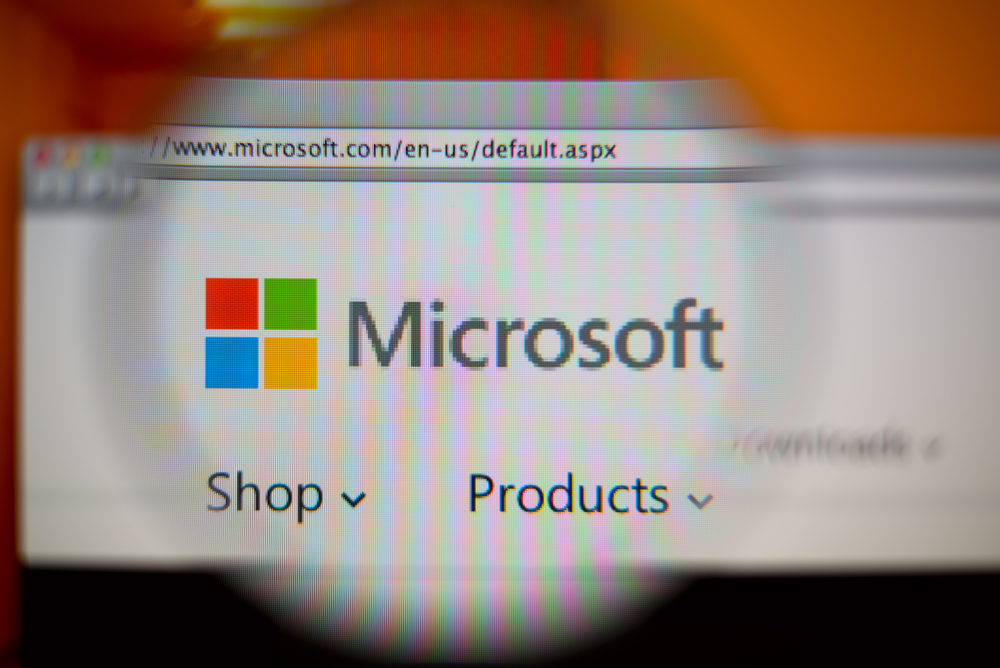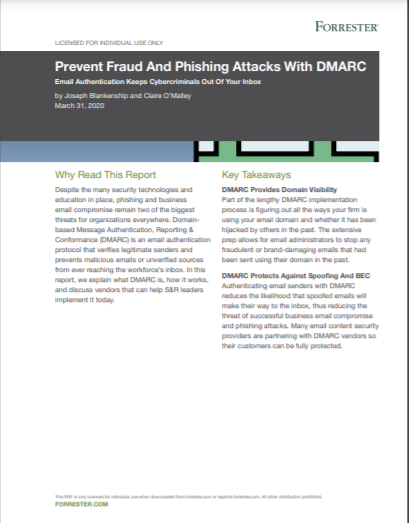Microsoft cracks down on sophisticated BEC scam campaign
The firm’s Digital Crime Unit seized a variety of malicious domains targeting Office 365 customers


Microsoft has secured a court order to take down malicious infrastructure used by cyber criminals to conduct a sophisticated business email compromise (BEC) campaign against Microsoft 365 customers.
The company’s Digital Crimes Unit (DCU) filed a case to strike down 17 malicious ‘homoglyph’ domains used by cyber criminals to mimic legitimate businesses and their contact details. This allowed the perpetrators to lull victims into a false sense of security when messaging as part of the spam campaign.
Homoglyph domains appear very similar to legitimate names, but those running them replace the characters in a business’ name with another that’s subtly different, such as using MICROS0FT.COM instead of MICROSOFT.COM.
Microsoft initially identified a single customer complaint regarding BEC, with its investigation finding that a criminal group had created 17 additional malicious homoglyph domains registered with third parties. The network appears to be operating out of West Africa, with targets primarily small businesses in North America across a variety of industries.
This specific BEC attack involved fraudulent domains, together with stolen customer credentials, used to access and monitor customer accounts. The group then gathered enough intelligence to impersonate the customers in an attempt to trick victims into transferring funds.
Once the cyber criminals gained access to a network, they imitated customer employees and targeted trusted networks, vendors, contracts and agents in order to fool them into sending or approving financial payments.
RELATED RESOURCE

Prevent fraud and phishing attacks with DMARC
How to use domain-based message authentication, reporting, and conformance for email security
Microsoft claims the criminals identified a legitimate email from the compromised account of an Office 365 customer referencing payment issues, and asking for advice on processing payments. They took advantage of this and sent an impersonation email from a homoglyph domain using the same sender name and a near-identical domain.
Get the ITPro daily newsletter
Sign up today and you will receive a free copy of our Future Focus 2025 report - the leading guidance on AI, cybersecurity and other IT challenges as per 700+ senior executives
“Cyber criminals are getting more sophisticated,” said the general manager of Microsoft’s DCU, Amy Hogan-Burney.
“Microsoft’s Digital Crimes Unit will continue to fight cybercrime with our comprehensive efforts to disrupt the malicious infrastructure used by criminals, through referrals to law enforcement, civil legal actions on behalf of our customers such as this one, or technical measures in partnership with our product and service teams.”
BEC is an ongoing concern for businesses, and this legal action follows 23 previous enforcements that Microsoft has sought against malware and nation-state groups, taken in collaboration with law enforcement agencies, since 2010.
Research showed that despite a 32% surge in email security threats during 2020, there was an 18% year-on-year decline in BEC detections. This could mean, however, that cyber criminals are exploring alternative techniques rather than scaling back.

Keumars Afifi-Sabet is a writer and editor that specialises in public sector, cyber security, and cloud computing. He first joined ITPro as a staff writer in April 2018 and eventually became its Features Editor. Although a regular contributor to other tech sites in the past, these days you will find Keumars on LiveScience, where he runs its Technology section.
-
 Bigger salaries, more burnout: Is the CISO role in crisis?
Bigger salaries, more burnout: Is the CISO role in crisis?In-depth CISOs are more stressed than ever before – but why is this and what can be done?
By Kate O'Flaherty Published
-
 Cheap cyber crime kits can be bought on the dark web for less than $25
Cheap cyber crime kits can be bought on the dark web for less than $25News Research from NordVPN shows phishing kits are now widely available on the dark web and via messaging apps like Telegram, and are often selling for less than $25.
By Emma Woollacott Published
-
 Billions of IoT devices will need to be secured in the next four years – zero trust could be the key to success
Billions of IoT devices will need to be secured in the next four years – zero trust could be the key to successNews Researchers have warned more than 28 billion IoT devices will need to be secured by 2028 as attacks on connected devices surge.
By Emma Woollacott Published
-
 Cisco claims new smart switches provide next-level perimeter defense
Cisco claims new smart switches provide next-level perimeter defenseNews Cisco’s ‘security everywhere’ mantra has just taken on new meaning with the launch of a series of smart network switches.
By Solomon Klappholz Published
-
 Five Eyes cyber agencies issue guidance on edge device vulnerabilities
Five Eyes cyber agencies issue guidance on edge device vulnerabilitiesNews Cybersecurity agencies including the NCSC and CISA have issued fresh guidance on edge device security.
By Emma Woollacott Published
-
 T-Mobile security chief insists its defenses stood up to attacks linked to Salt Typhoon
T-Mobile security chief insists its defenses stood up to attacks linked to Salt TyphoonNews No T-Mobile customers or services were affected after its security teams detected suspicious activity on their routers
By Solomon Klappholz Published
-
 Securing your network in every direction with zero trust
Securing your network in every direction with zero trustWhitepaper Webinar on the evolution of network security
By ITPro Published
-
 Turning your log and incident data into real-time security insights
Turning your log and incident data into real-time security insightsWhitepaper Integrate multiple data sources for a comprehensive security view
By ITPro Published
-
 Do more with less: Optimizing servers with HPE to maximize VMware licensing
Do more with less: Optimizing servers with HPE to maximize VMware licensingWhitepaper Your trusted guide through the changes in the virtualization market
By ITPro Published
-
 Modern enterprise cybersecurity
Modern enterprise cybersecuritywhitepaper Cultivating resilience with reduced detection and response times
By ITPro Published